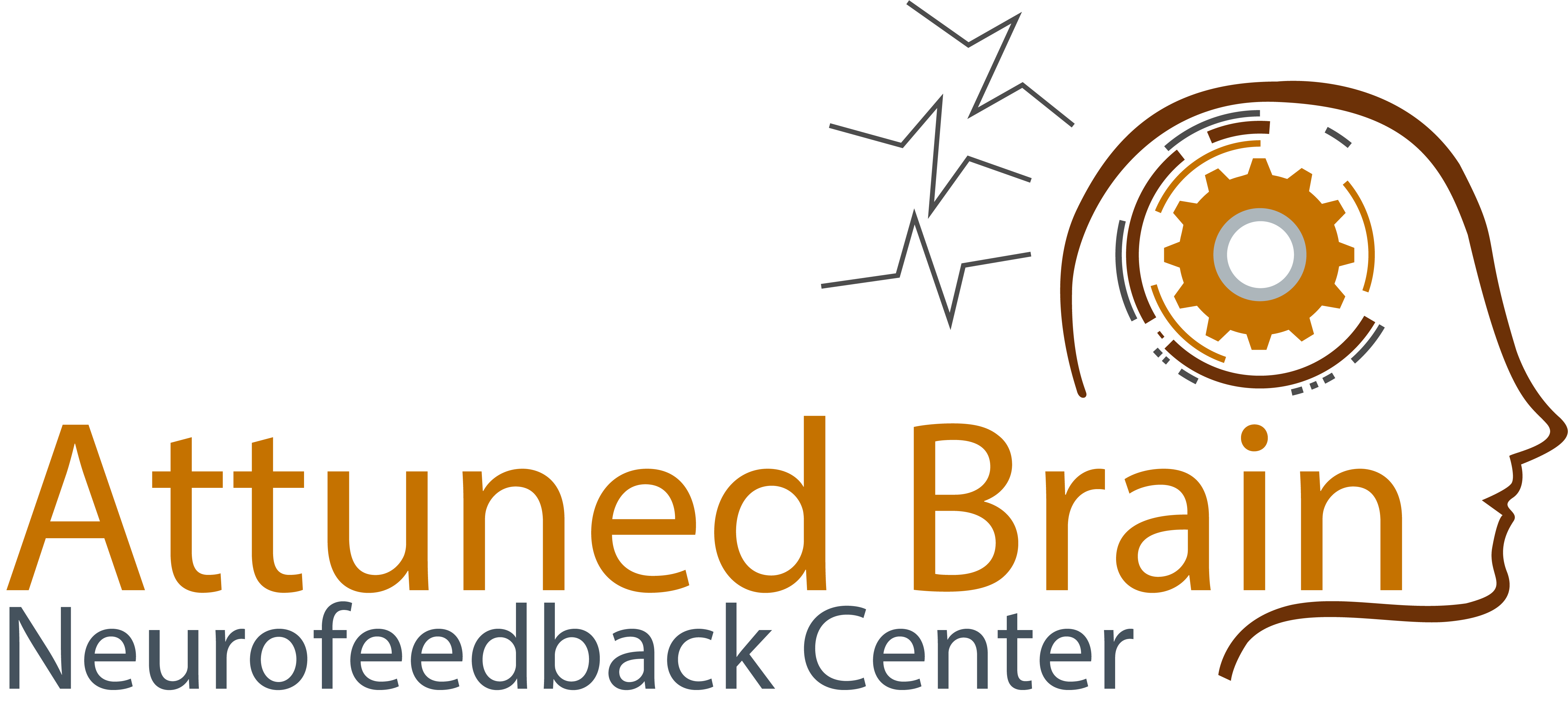Mental Health
“Mental health…is not a destination, but a process. It’s about how you drive, not where you’re going.”
– Noam Shpancer, Ph.D.
Mental Health Challenges
Mental health is the overall wellness of how you think, regulate your feelings, and behave. Sometimes people experience a disturbance in mental functioning. A mental disorder may be present when patterns or changes in thinking, feeling, or behaving cause distress or disrupt a person’s ability to function.
According to the CDC, more than 50% of Americans will face a mental health diagnosis at some point in their lives, with 1 in 5 Americans dealing with mental illness during a given year. About half of all mental illnesses begin by age 14 and three-quarters begin by age 24.


What causes mental health disorders?
Behavioral health disorders can have many causes. They might be the result of abnormal genes. You may inherit those genes from a parent, or genes can change during your life. Chemical imbalances in your brain can also lead to mental illness.
Living with a mental health issue can be overwhelming and may cause feelings of grief, loss, and fear. The impact of mental health conditions varies from person to person, with some people able to manage the condition without it affecting their work, while others find it to be a major barrier to education, employment and social interaction. If you fall into this category, we can help.
How we can help?
Attuned Brain is passionate about helping adults who struggle with mental health issues through neurofeedback training. What is neurofeedback treatment? It is a non-invasive treatment that encourages the brain to develop healthier patterns of brain activity.
Our neurofeedback sessions allow your brain to see its own activity and where things are misaligned. The goal of neurofeedback is to provide individuals with the opportunity to process their thoughts and emotions related to life events, allowing them to take ownership of their feelings and reduce their impact on daily life.

Your risk of mental illness increases if you
- Use alcohol or recreational drugs.
- Don’t get proper nutrition.
- Don’t have a support system of friends or family members.
- Have a chronic medical condition such as cancer, diabetes or hypothyroidism.
- Have had a traumatic life event or a history of abuse.
- Have a family history of behavioral health disorders.
- Have a neurological disorder such as Alzheimer’s disease or dementia.
- Have a sleep disorder
- Have extreme stress in your life.
- Have had a traumatic brain injury.
- Struggle with your spirituality or beliefs.
